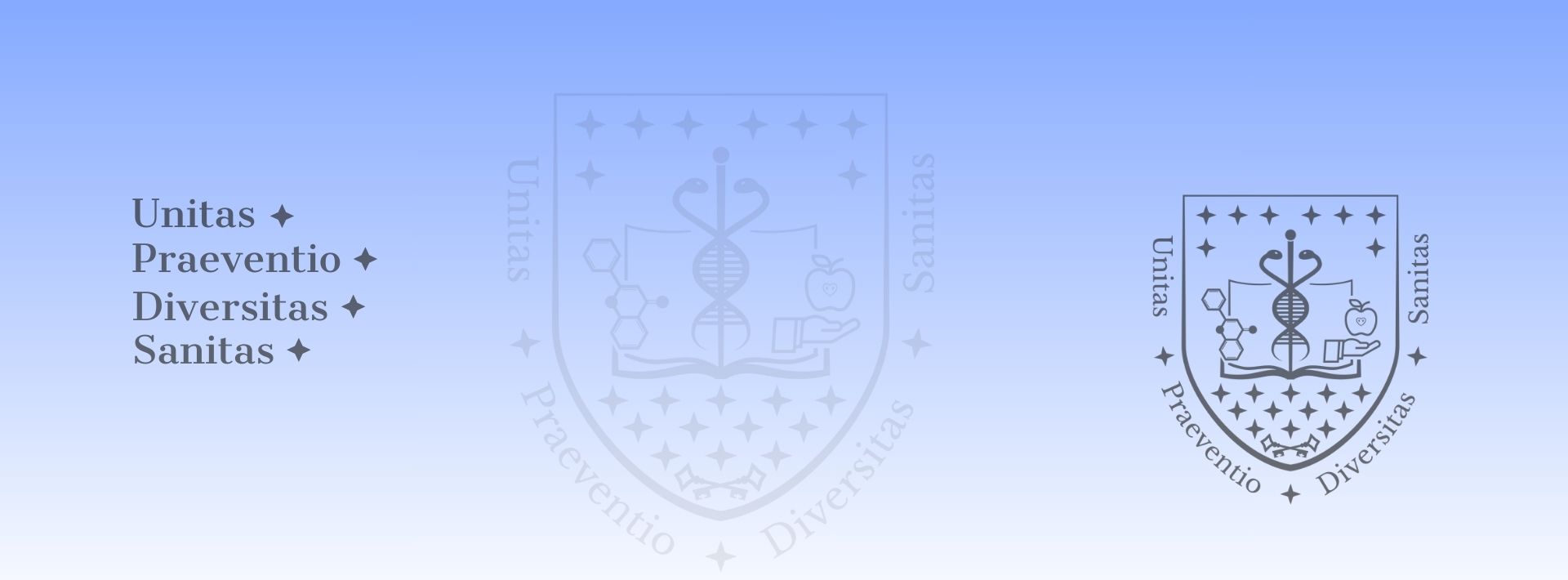Data
Official data in SubjectManager for the following academic year: 2024-2025
Course director
-
Kiss István Zoltán (Népeg)
professor,
Department of Public Health Medicine -
Number of hours/semester
lectures: 22 hours
practices: 2 hours
seminars: 0 hours
total of: 24 hours
Subject data
- Code of subject: OAE-TAR-T
- 2 kredit
- General Medicine
- Elective modul
- spring
-
Course headcount limitations
min. 5 – max. 20
Topic
Nutrition takes an important part in the formation of several types of cancer. Approximately 35% of human cancers is attributed to nutrition factors. The importance of these factors and the way of their action is discussed during the course. After the theoretical introduction the human epidemiological results are interpreted and practical pieces of advice are given for healthy and carcinopreventive diet.
The primary prevention is the most effective method to prevent cancers. The possible cancer preventive methods in nutrition will be demonstrated for the students during the lectures.
Lectures
- 1. The multistep model of carcinogenesis. - Kiss István Zoltán (Népeg)
- 2. Possibilities for cancer prevention. - Kiss István Zoltán (Népeg)
- 3. The role of energy intake in carcinogenesis. - Kiss István Zoltán (Népeg)
- 4. The role of protein, carbohydrate intake in carcinogenesis. - Kiss István Zoltán (Népeg)
- 5. The role of fat intake in carcinogenesis I. - Kiss István Zoltán (Népeg)
- 6. The role of fat intake in carcinogenesis II. - Kiss István Zoltán (Népeg)
- 7. Compounds of plant origin and their role in carcinogenesis I. - Kiss István Zoltán (Népeg)
- 8. Compounds of plant origin and their role in carcinogenesis II. - Kiss István Zoltán (Népeg)
- 9. Compounds of plant origin and their role in carcinogenesis III. - Kiss István Zoltán (Népeg)
- 10. Compounds of plant origin and their role in carcinogenesis IV. - Kiss István Zoltán (Népeg)
- 11. Food pollutants and food additives I. - Gyöngyi Zoltán
- 12. Food pollutants and food additives II. - Gyöngyi Zoltán
- 13. Nutrigenomics. Epigenetics and cancer. - Bellyeiné Pozsgai Éva
- 14. The role of alcohol in carcinogenesis I., II. - Bellyeiné Pozsgai Éva
- 15. Anticarcinogenic compounds in foods I. - Kiss István Zoltán (Népeg)
- 16. Anticarcinogenic compounds in foods II. - Kiss István Zoltán (Népeg)
- 17. The role of kitchen technology in the formation of cancers. I. - Gyöngyi Zoltán
- 18. The role of kitchen technology in the formation of cancers. II. - Gyöngyi Zoltán
- 19. The relationship between nutrition and cancers I. - Gyöngyi Zoltán
- 20. The relationship between nutrition and cancers II. - Gyöngyi Zoltán
- 21. The role of micro-nutrients in cancer formation. - Gyöngyi Zoltán
- 22. Drinking water and cancers. - Gyöngyi Zoltán
Practices
- 1. Dietary recommendations I. - Kiss István Zoltán (Népeg)
- 2. Dietary recommendations II. - Kiss István Zoltán (Népeg)
Seminars
Reading material
Obligatory literature
Literature developed by the Department
Educational material uploaded on Neptun.
Notes
Recommended literature
Conditions for acceptance of the semester
Participation in lectures is obligatory which is registered.
Absences should not exceed 15% of lectures (4x45 min). Otherwise signature of grade book is denied.
Mid-term exams
-
Making up for missed classes
There are no make-up classes.
Exam topics/questions
Questions for the retake-exam:
1. Epidemiology of cancers
2. Multistep model of carcinogenesis
3. The role of energy intake in the formation of cancers
4. The relationship between fat intake and carcinogenesis
5. The relationship between protein and carbohydrate intake and carcinogenesis
6. The relationship between alcohol consumption and carcinogenesis
7. Vitamins, trace elements and carcinogenesis
8. Food additives and cancer formation
9. Phytochemicals' role in cancer formation and cancer prevention
10. Anticarcinogenic compounds
11. Nutrition and colorectal carcinoma
12. Nutrition and gastric cancer
13. Nutrition and lung cancer
14. Nutrition and oral cavity cancer
15. Nutrition and breast cancer
Examiners
Instructor / tutor of practices and seminars
- Kiss István Zoltán (Népeg)
